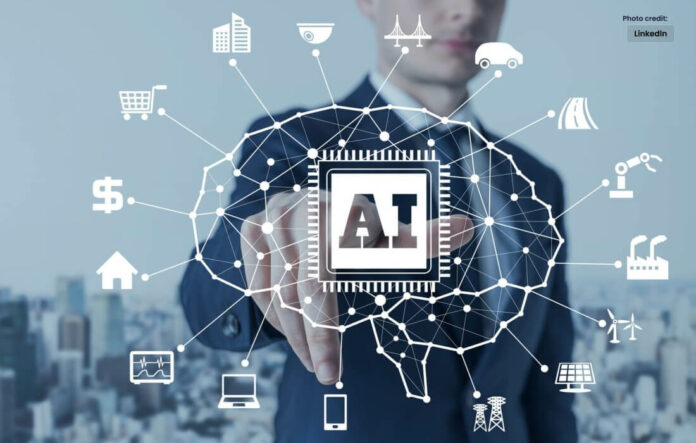AI transforms jobs; adaptability is crucial for workforce evolution.
Artificial Intelligence (AI) has been nothing short of revolutionary in the ever-evolving world of technology. The employment market is just one area of our lives where AI is permanently changing as it advances.
The Development of Roles in Work
The evolution of job roles is one of the most obvious effects of AI on the labor market. Conventional job roles are changing as a result of the efficiency gains made in many routine tasks by automation and machine learning. There is an increasing need for people with expertise in fields like data science, machine learning, and artificial intelligence development as routine and repetitive tasks get automated.
Challenges of Job Displacement and Reskilling
AI presents challenges in addition to opportunities, especially with regard to job displacement. Automation has the potential to replace manual and routine labor, raising concerns about unemployment in some industries. Proactive reskilling programs, however, can aid in closing the gap. The focus is now more on developing a labor force with abilities that work in tandem and harmony with AI technologies.
Click here for international latest news
The Collaborative Intelligence Revolution
The rise of collaborative intelligence is a more hopeful scenario than the fear of AI replacing human workers. AI tools and technologies are becoming more widely accepted as partners in human capability enhancement rather than as replacements. Human-AI collaboration is showing to be a powerful combination that improves efficiency and decision-making in a variety of industries, including healthcare and finance.
Generating Novel Employment Prospects
AI’s widespread application in many industries creates new job opportunities in addition to automating processes. AI development, deployment, and upkeep call for qualified experts. Furthermore, the demand for moral AI policies and procedures has led to the creation of positions like policy advisors and ethicists for AI. Diverse skill sets are in high demand due to the changing AI landscape, which encourages innovation and specialization.
Taking Care of Ethical Issues in AI Employment
Ethical concerns become increasingly important as AI becomes more integrated into the labor market. It is necessary to address problems like algorithmic bias, data privacy issues, and possible misuse of AI technologies. In order to guarantee responsible AI deployment and reduce adverse effects on the labor market and society at large, ethical frameworks and regulations must be put in place.
Leading Industries for AI Integration
Some sectors are leading the way in integrating AI and are undergoing dramatic changes. AI is being used in healthcare for personalized medicine and diagnostics, and smart automation is being adopted in manufacturing. AI helps the finance industry with risk management and fraud detection. Comprehending the peculiarities of this industry is essential for people who want to maneuver through the changing labor market.
Modifying Curriculum and Instructional Materials
Education and training programs need to change in order to equip the workforce for the AI-driven future. Interdisciplinary education that blends technical expertise with creativity and critical thinking is becoming more and more necessary. In the age of artificial intelligence, lifelong learning and ongoing skill development are becoming crucial for professional success.
Policies and Initiatives of the Government
Governments have a significant influence on how AI affects the labor market. It is essential to put policies into place that assist reskilling initiatives, encourage creativity, and deal with moral dilemmas. Governments, businesses, and academic institutions must work together to develop a framework that guarantees a seamless transition to the AI-driven future.
Conclusion
Unquestionably, AI is having an impact on the labor market, posing both opportunities and challenges. A proactive approach to reskilling, embracing collaborative intelligence, and addressing ethical considerations is crucial as we navigate this transformative wave. The nature of work is changing, and individuals who can change with the times and pick up the right skills will be in a good position to prosper in the AI-driven workplace. In order to build a more inventive and efficient future, humans and machines must collaborate rather than compete.




